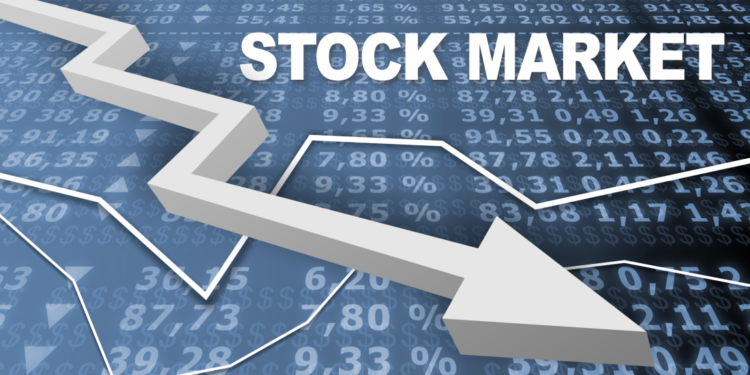The Nigerian equity market witnessed a tumultuous week as investors grappled with significant losses totaling N1.57 trillion, reflecting the ongoing volatility and uncertainties in the financial landscape. Throughout the week, market dynamics and shifting fundamentals, including a high-interest rate environment, mixed macroeconomic indicators, and alternative investment yields, weighed heavily on investor sentiment.
By the week’s end, both the market capitalization and the All-Share Index experienced a notable decline, falling by approximately 2.71 percent to settle at N56.296 trillion and 99,539.75 points, respectively. Year-to-date returns also took a hit, closing lower at 33.12 percent compared to the previous week’s 36.83 percent.
Sell-offs in stocks, particularly in the banking sector, drove the substantial loss in market value, fueled in part by concerns surrounding the Central Bank of Nigeria’s recapitalization initiative. Investors actively traded 1.6 billion shares valued at N32.31 billion in 44,915 deals, marking an increase from the previous week’s trading volume and value.
The financial services sector dominated trading activity, accounting for 71.87 percent of total equity turnover volume and 69.39 percent of value. Conglomerates and oil and gas sectors followed suit, albeit with lesser shares traded.
Leading the equity turnover were banking stocks, with Access Holdings Plc, United Bank for Africa Plc, and Zenith Bank Plc emerging as the top performers in terms of volume and value traded.
Despite pockets of positive performances, notably in Morison Industries, Guinness Nigeria, and Academy Press, the market saw significant declines in stocks such as GTCO, Unity Bank, and Livestock Feeds.
Meanwhile, companies like Fidelity Bank and Industrial & Medical Gases Nigeria announced dividends for their shareholders, providing some respite amid the market downturn.
Looking ahead, analysts anticipate continued market pullback driven by portfolio adjustments and sector rotations. Investor focus will likely center on earnings reports, macroeconomic indicators, and government policy directions to gauge future market movements.
As uncertainties persist, stakeholders remain vigilant, closely monitoring market developments and economic trends for potential opportunities and risks.









